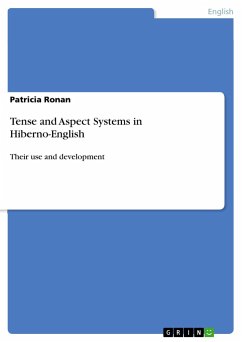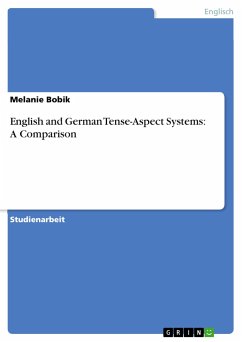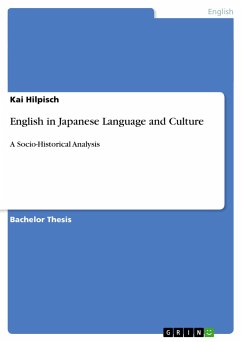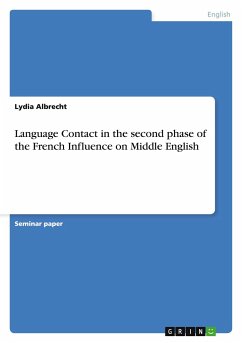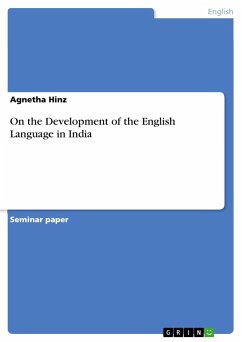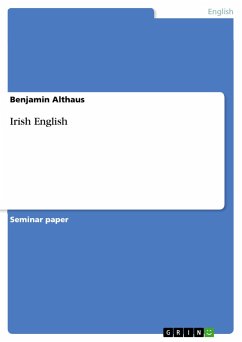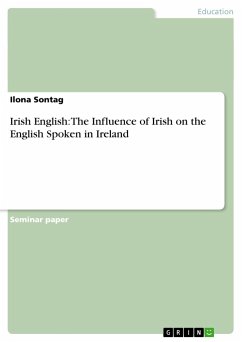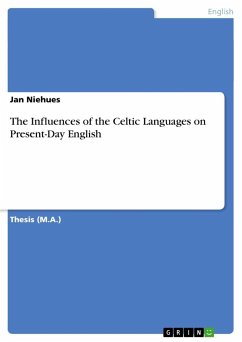Document from the year 2000 in the subject English Language and Literature Studies - Linguistics, University of Marburg, language: English, abstract: This study investigates the tense and aspect systems in use in Irish English, which is also called Hiberno-English. Against the background of previous research, corpus material mainly consisting of Dublin English is discussed. The corpus consists of close to a quarter of a million words, collected manually mainly from written text, with some additional examples from participant observation. In addition to investigating the tense and aspect forms in use, possibilities for the geneses of the categories are discussed, and the potential influence from Early Modern English and Late Modern English is assessed, as well as the potential input from the Irish language. It is suggested that the tense system corresponds to that of Standard British English, whereas the aspectual system differs to varying degrees in perfect, progressive and habitual marking. It is further argued that the majority of the specially used aspectual categories in Hiberno-English could have been influenced in their development by influence from both the Irish language - i.e. Gaelic, and by influence from earlier British English language structures which were in use during the formative stages of the variety. This is not the case for the distinctive Hiberno-English after-perfect, however, which is entirely modeled on a corresponding Irish language structure.
Hinweis: Dieser Artikel kann nur an eine deutsche Lieferadresse ausgeliefert werden.
Hinweis: Dieser Artikel kann nur an eine deutsche Lieferadresse ausgeliefert werden.

